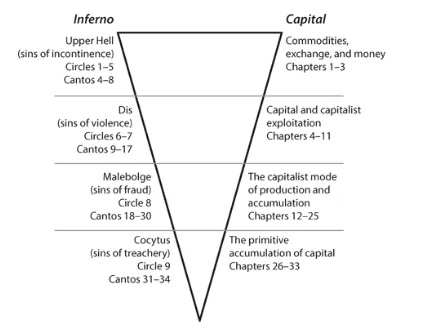The Philippines has become a laboratory in responding to Beijing on the South China Sea row, taking the most risk but showing inconsistency and underwhelming results thus far. Its predicament explains why other Southeast Asian claimant states remain unlikely to follow its lead. The tepid reaction to Manila’s pitch for an Asean claimants-only Code of Conduct is indicative.
As had happened in the past, lost economic opportunities and further erosion of Manila’s position in the flashpoint, relative to other disputants, may lead to a possible policy reversal in handling the maritime tiff come the 2028 presidential election.
…
Last year, the Philippines began to expose China’s illicit actions in the disputed waters. It inserted reporters in routine patrols and resupply sorties to document interference by the Chinese coastguard and maritime militia ships. The idea is to rally local and international support and impose reputational costs on Beijing. [Project Myoushu AKA Transparency Initiative]
This approach made strides in rousing public backing for Manila’s defence build-up, a stronger alliance with the United States, and a tougher stance against China. However, it also contributed to polarising domestic politics, affecting people-to-people ties and diminishing Chinese economic interest in the Philippines. Meanwhile, Beijing remains unmoved, weathering reputational costs and continuing to wield a capacity for escalation in the South China Sea.
…
During Xi’s visit to Hanoi last December, both sides vowed to upgrade the Kunming-Haiphong rail line. In contrast, Chinese funding for three rail projects discussed during the previous Duterte government is already dead in the water. China is unlikely to become a strong partner for President Ferdinand Marcos Jnr’s Build Better More infrastructure programme.
Losses in the tourism sector have also become evident. In 2019, before the pandemic, China was the Philippines’ fastest-growing tourist market, with more than 1.7 million arrivals, or a 21.1 per cent market share, just behind South Korea. Last year, as countries in Asia raced to benefit from the return of Chinese tourists, the Philippines only welcomed over 260,000 tourists from China, with the market share shrinking to just 4.84 per cent.
Ironically, for all the talk about Duterte’s China policy as appeasement, it was under his watch that the Philippines made the biggest upgrade in infrastructure in the Spratlys since the 1970s. He also invested in modernising the country’s military, procuring modern frigates from South Korea, multirole response vessels from Japan and cruise missiles from India. All these happened while relations with China remained stable.
Another irony is that while Manila celebrates every resupply mission to the Second Thomas Shoal that successfully eluded the Chinese blockade, Vietnam is busy doing substantial reclamation on its Spratly outposts and gearing for a potential second airfield, with reportedly little interference from Beijing. [Bueller?]
These should offer plenty of insights as the strategy of the Philippines over the maritime squabble evolves.





You must be logged in to post a comment.